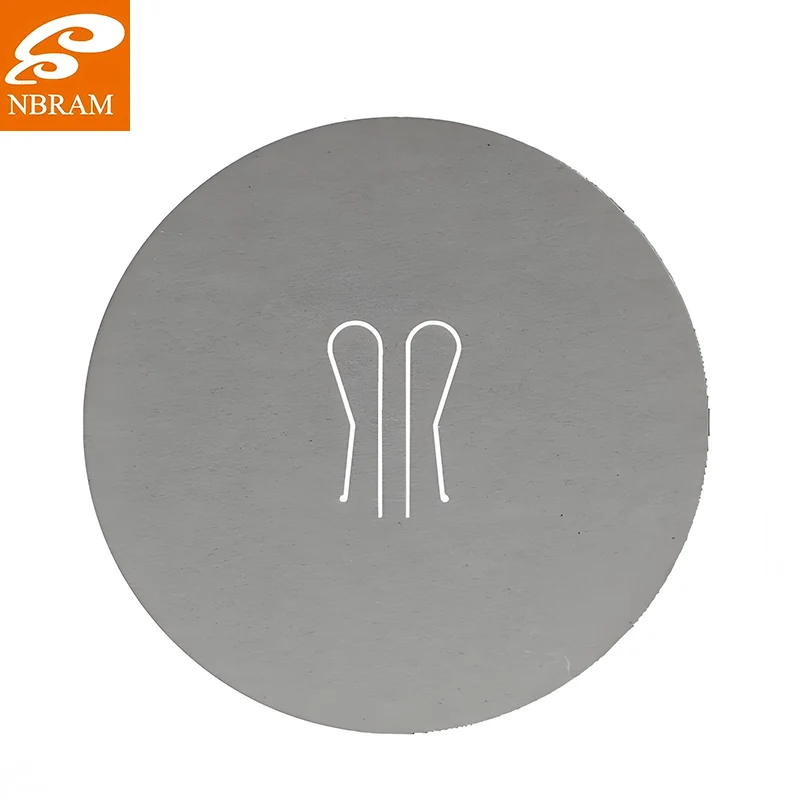We've been making Custom Shape Mica Insulator for about fifteen years now, helping engineers solve tricky insulation problems in all sorts of equipment. These aren't your standard off-the-shelf components - each one gets made to fit specific spaces and handle particular electrical and thermal challenges. What's really neat is how they keep working reliably even when things heat up to 1000°C, which is hotter than most insulation materials can handle.
Our team works directly with customers to figure out exactly what they need. We'll look at their design drawings and sometimes even visit their facilities to see how the insulator will actually be used. This hands-on approach means we catch potential issues early and deliver components that fit right the first time, saving everyone time and headaches.
Last spring we worked with an automotive supplier on their EV battery packs. They were having heat management issues with standard insulators. We made them some custom shapes that fit perfectly around their cooling channels, and they told us it improved their thermal performance by about 28%. That kind of real-world result is why we love what we do.
Another customer runs industrial ovens for baking ceramics. Their old insulation was leaking heat and driving up energy costs. We created some special profile insulators that reduced their heat loss by over 40%. The oven operator said it made his workplace more comfortable too, which was a nice bonus.
When you work with us on custom Shape Mica Insulator, here's what we typically deliver:
• Thickness from paper-thin 0.1mm up to sturdy 50mm
• Handles voltages up to 25kV per millimeter
• Keeps working from freezing cold to 1000°C hot
• Cut to within 0.1mm of your exact specifications
• Special features like mounting holes or notches where needed
We use waterjet cutting because it doesn't heat up the material like lasers do. That means no weakened spots from heat damage. Every piece gets individually tested before shipping - we're pretty serious about quality.
It all starts with a conversation about what you're trying to achieve. Our technical guys will ask lots of questions about operating conditions, space constraints, and performance requirements. Then we'll make some samples for you to test - we find this trial-and-error approach works better than just going by theoretical calculations.
The actual manufacturing combines modern CNC equipment with some old-school craftsmanship. Our lead technician has been working with mica for over twenty years and knows all the little tricks to get the best results. He personally checks every batch that goes out the door.
We don't just make what you ask for - we'll often suggest improvements based on our experience. Maybe a slightly different material grade would work better, or a small design change would make installation easier. It's this collaborative approach that our customers really appreciate.
